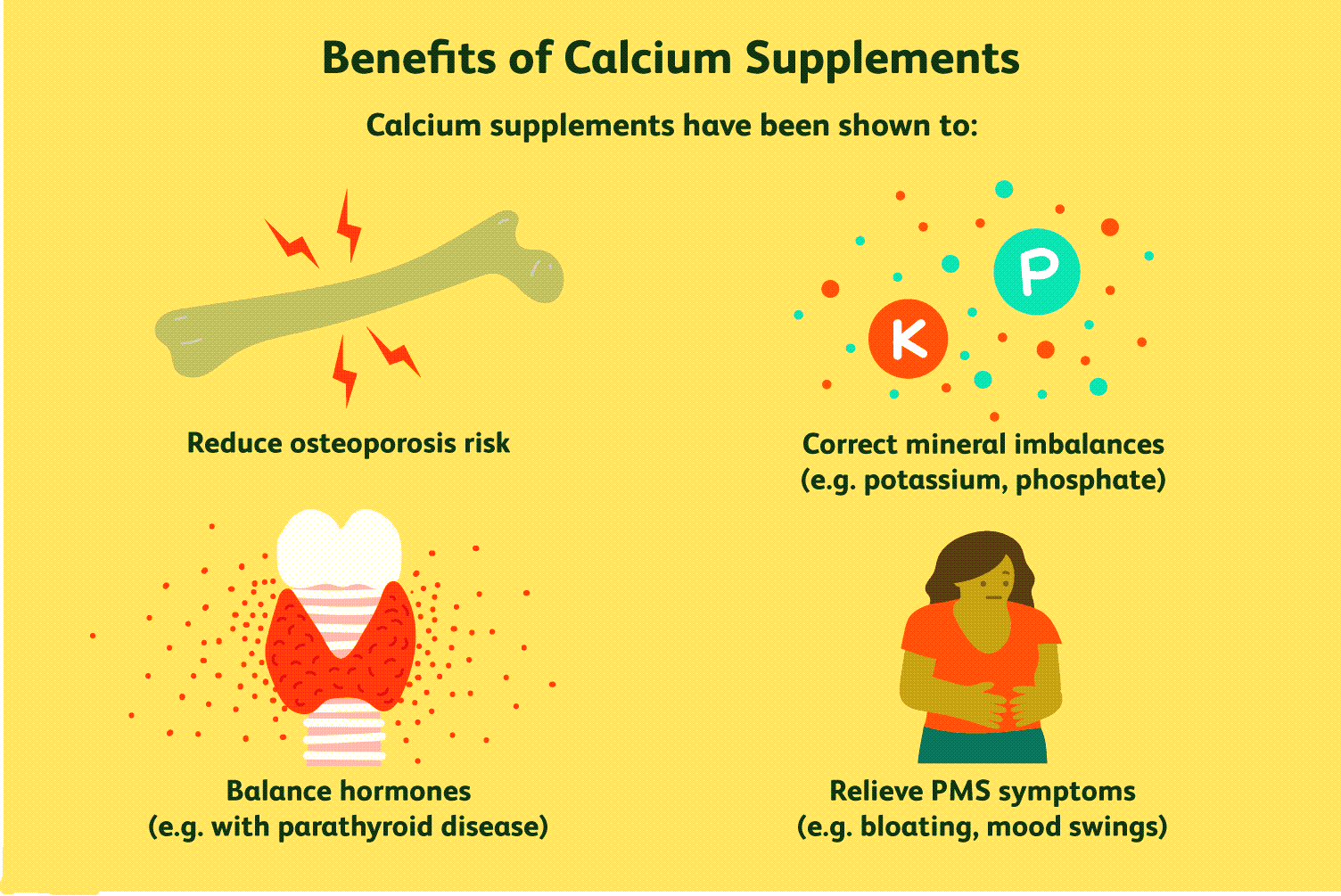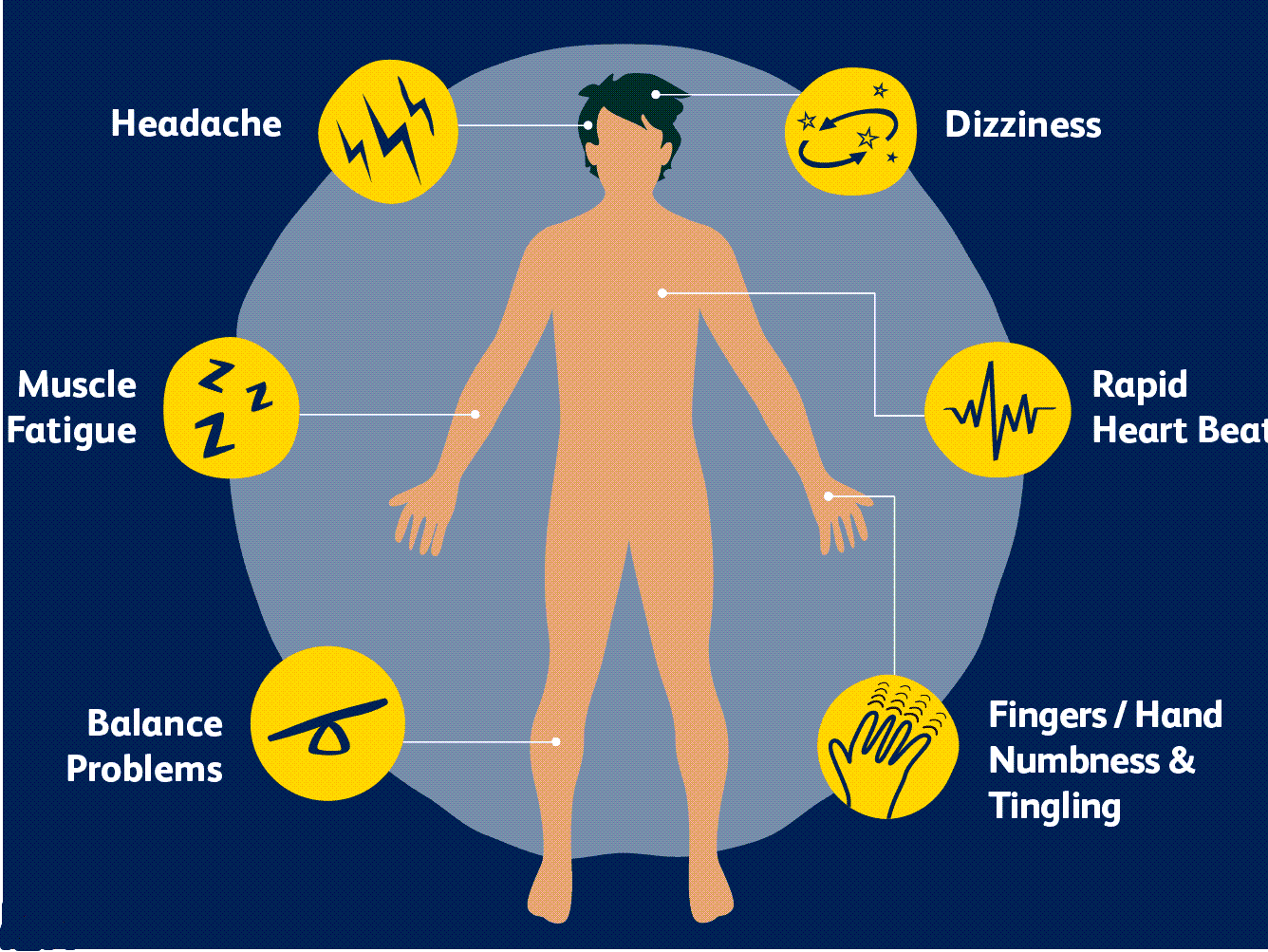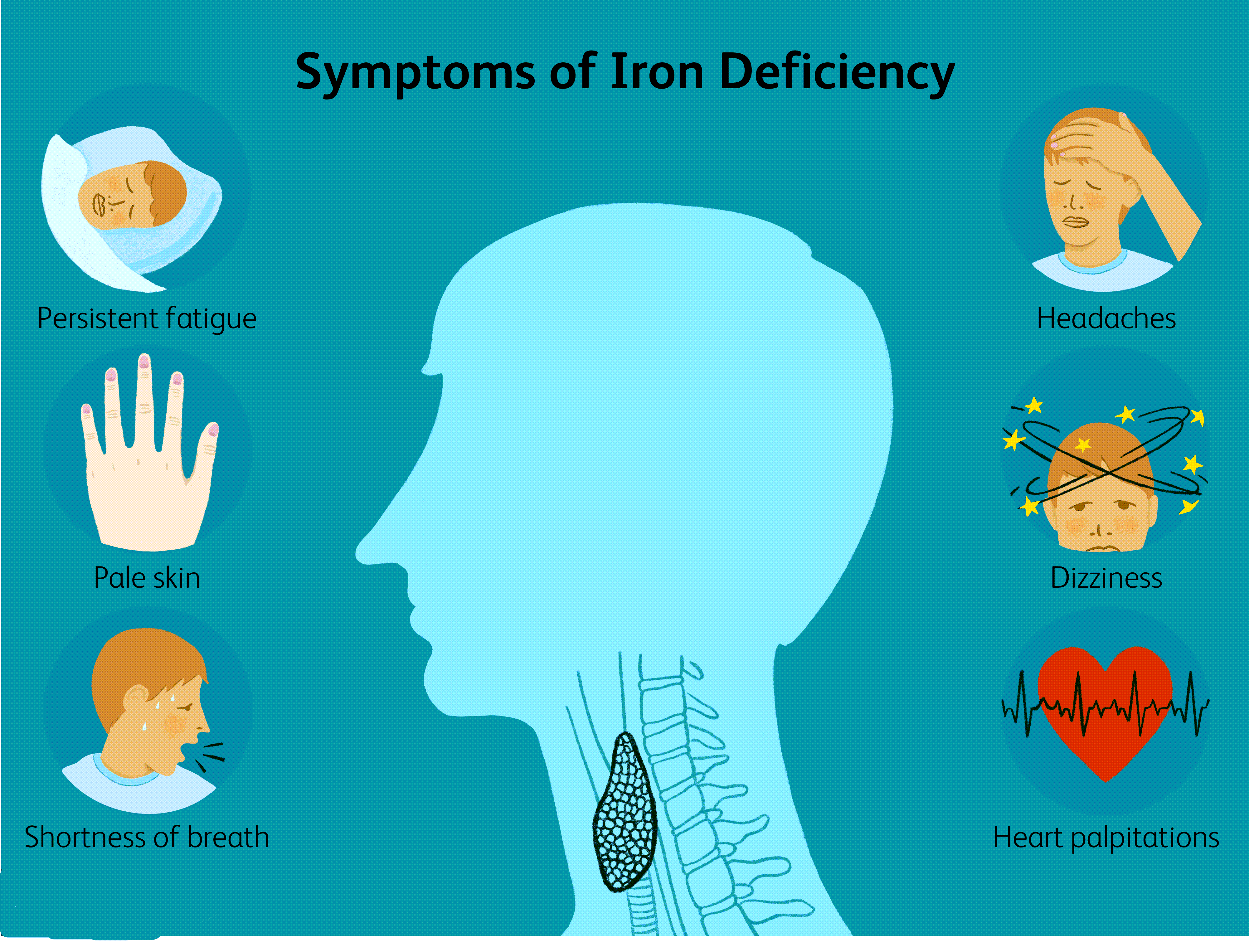What are the BEST Bariatric Vitamins for Post Bariatric Surgery?
Bariatric surgery includes lots of different procedures performed on people with obesity. They are commonly referred to as weight-loss surgeries, aiding patients in losing weight. From here, the weight loss surgery patient is at a more reasonable level to begin losing weight without putting themselves at risk.
Did you know that doctors highly recommend you take vitamins before and after bariatric surgery? It’s true, and it’s because bariatric surgery can disrupt certain processes in your body – particularly around the digestive system. As a result, you may have trouble producing or absorbing certain vitamins and minerals. So, doctors recommend you take vitamin and mineral supplements to ensure you achieve optimal nutrition after the surgery. Not all the procedures are the same, and the requirements depend on the procedure. Some procedures, like gastric bypass, are more disruptive in the absorption process of certain micronutrients.
What vitamin and mineral supplements should you take post-bariatric surgery? Typically, there are four main supplements you need to take to avoid vitamin and mineral deficiencies:
- A multivitamin
- Calcium, such as calcium citrate
- Vitamin B12
- Vitamin D
- Iron
These vitamins and minerals are absolutely essential and should be taken regularly after your surgery. Ideally, you will work with a qualified dietician to create a proper plan to follow. This will tell you when you need to take which supplements, and how much of each one you require.
Why are these vitamins important? If you carry on reading, you’ll see a breakdown of each vitamin, what it does, and why you need it…
Multivitamins
Multivitamins are essential as they contain a collection of vitamins and minerals all at the same time. Some healthy individuals choose to take these every day, but they’re essential for anyone that’s just undergone bariatric surgery.


Why?
Well, bariatric surgery is a very invasive procedure that comprises changes in your digestive system and will result in a long recovery time. The very nature of the surgery means your digestive system is impacted, making it harder for you to eat. Patients will eat less food in the coming days and weeks, meaning you miss out on vital nutrients to help your body function. This can lead to deficiencies, adding more problems to your life.
Therefore, a multivitamin gives you all the nutrients you miss out on by not being able to eat complete meals. It stops you from suffering from any nutritional deficiencies, ensuring your body remains as healthy as can be. The key thing to note about bariatric multivitamins is that they need to contain minerals as well. Again, this is purely because you won’t be able to get your optimal mineral content on a restricted post-surgery diet.
For reference, your multivitamin should include these at the very least:
Calcium Citrate/Calcium Carbonate
Calcium is one of the most critical minerals in your body. Most of you may recall that calcium is responsible for helping your bones grow big and strong. A lack of calcium can lead to osteoporosis and other serious conditions. Again, following your bariatric surgery, you are less likely to consume enough calcium with your meals. Therefore, you are at risk of developing a calcium deficiency, leading to weak bones.


In any situation, calcium deficiencies are bad. However, they’re even worse for someone that’s had bariatric surgery. Why? Because you need your bones to be strong to help you as you proceed down the recovery path. You will need to start following an exercise regime, which will be a lot harder if your bones have become weak and brittle. This could stop you from losing more weight and seeing long-lasting results. As such, your surgery would be for nothing!
You can take anywhere between 1,200 and 2,000 mg of calcium per day to stop calcium deficiency. The exact amount depends on your current diet, as well as other factors that your dietician should discuss with you. It’s a good idea to split your dose up across the day, rather than consuming it all in one go. Also, take into account any calcium in your multivitamin. The reason it exists as its own supplement is that most multivitamins either don’t contain it or barely contain enough to have an impact.
Finally, you may see lots of calcium supplements on the market, and they can sometimes be called different things. The two most common versions are calcium carbonate and calcium citrate. You can take either, but calcium citrate is recommended as it doesn’t have to be taken with food and is easier to absorb.
Vitamin B12
Vitamin B12 is a crucial vitamin that everybody needs to take. It has many uses throughout the body, yet it is mostly known as an energy regulator. People that don’t get enough B12 are known to feel lethargic and sluggish all the time. This vitamin also plays a vital role in keeping your immune system strong and healthy.


However, you probably didn’t know that vitamin B12 also keeps your brain and nerves healthy, as well as encourages DNA and red blood cell production. The list continues as B12 has also been linked to reducing the symptoms of dementia, heart disease, and many more health conditions.
As per Harvard Health, people that have undergone weight-loss surgery are likely to have a B12 deficiency. Why is this the case? It’s to do with how we extract B12 from the foods we eat. Firstly, your diet might not let you eat foods that contain B12. So, you’d already be at a disadvantage following the surgery. Then, things get worse as some procedures – including a gastric bypass and gastric sleeve – prevent your stomach’s ability to get B12 from your food. Even if you eat the right food sources, you might not absorb this critical vitamin.
Consequently, a vitamin B12 supplement is a must for most patients after bariatric surgery. Due to the way gastric band surgery is performed, this is one of the only procedures where it might not be necessary. Make sure you check with your doctor and dietician, just to be sure.
Vitamin D
Did you know that obese people are more likely to suffer from a vitamin D deficiency? This vitamin is hijacked by fat cells, changing the way it’s released in your body. Thus, people with a BMI of 30 or more will have much lower levels of vitamin D in their blood than others.


Why is this vitamin so important?
For starters, it should be taken in conjunction with your calcium supplement. Vitamin D helps to regulate calcium production and ensures it is absorbed in the body, along with phosphate, improving bone and muscle health. Vitamin D could also help to prevent the chances of developing many diseases by improving your immune system – most notably heart disease.
There has even been a study that links vitamin D and calcium consumption with improved weight loss. It suggested that the two supplements helped to suppress the subject’s appetite, making them eat less.
All in all, a vitamin D supplement is essential because you are already in the high-risk category for deficiency. Furthermore, you should consider the main source of vitamin D: the sun. As you recover from serious surgery, you are likely to spend a lot of time resting indoors. So, you will get less vitamin D from the sun, hence the need for a supplement.
Iron
Some women are at risk of developing iron deficiencies following bariatric surgery. To be specific, the University of Rochester Medical Center states that over half of women who are past menopause can suffer from it. This is usually the case following a gastric bypass.


Why?
Well, it’s largely down to the way the surgery is performed. With a gastric bypass, the whole aim is to bypass a section of your digestive system. When eating after this surgery, food won’t go through the small intestine. Now, guess where the majority of iron is absorbed? That’s right, the small intestine! You can now make the connection as to why iron deficiency might exist in people who have had a gastric bypass. Less iron will get absorbed, meaning you have to boost your intake of this mineral.
Your multivitamin should include a dose of iron, but you may need a separate supplement depending on your current levels. Doctors should test for an iron deficiency following gastric bypass or gastric sleeve surgery, so you will know how much you need to take.
Advice when taking vitamins post-weight loss surgery
You’ve seen the vitamins you need to take, but what advice is there to help you? Here are a few general rules you should look to follow:
- Consult with your doctor or a dietician to get the correct doses before taking any supplements
- Set alarms on your phone to remind you to take vitamins at set times each day
- Avoid taking pill-form vitamins – opt for chewable or liquid ones instead as it’s easier to absorb
- If possible, find vitamins that are bariatric-branded as they tend to include more accurate concentrations of the supplements
- For better absorption, take supplements with food
On that note, that’s everything you need to know about taking vitamins after bariatric surgery. It may not seem like it, but this is a fundamental step on the road to recovery. Ingesting these vitamins and minerals will help you avoid any nutritional deficiencies, which can cause lots of problems throughout your body.